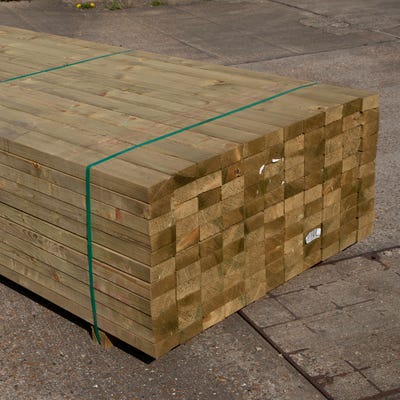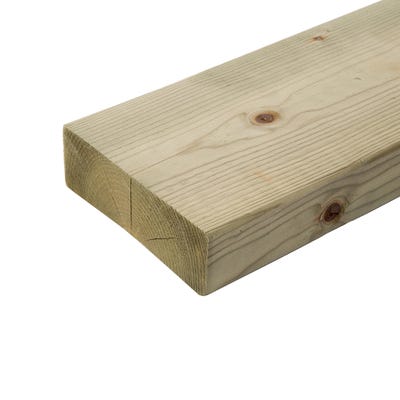C24 Carcassing Timber
As one of the largest timber merchants in the UK, you'll find no better quality carcassing timber than at Builder Depot. We are proud that our timber always conforms to the highest environmental standards, meeting our sustainability aims. Produced from slow-grown Scandinavian Whitewood Spruce (Picea abies), our carcassing timber offers superior stability and a premium finish. We provide a comprehensive selection of pressure-treated, untreated, and CLS (Canadian Lumber Standard) timbers, available in popular sizes such as 4x2, 6x2, and 8x2. Our range includes both C16 and C24 graded options, suitable for stud partition walls, floor joists, and roof constructions. Additionally, we offer a self-service cutting facility in-store, equipped with all necessary materials, to cater to your specific project requirements.
Read More Read LessNow Shopping By: 1 Applied Filters
-
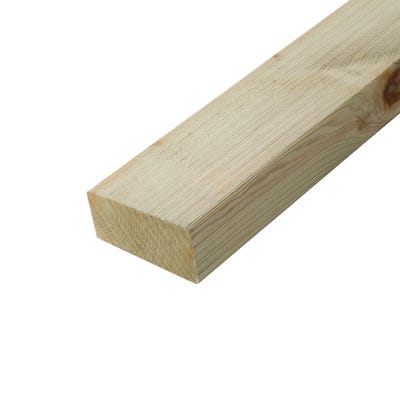 Quantity Discount
£6.34 Inc VAT As low as £5.76 Inc VAT£2.11 Per M
Quantity Discount
£6.34 Inc VAT As low as £5.76 Inc VAT£2.11 Per M -
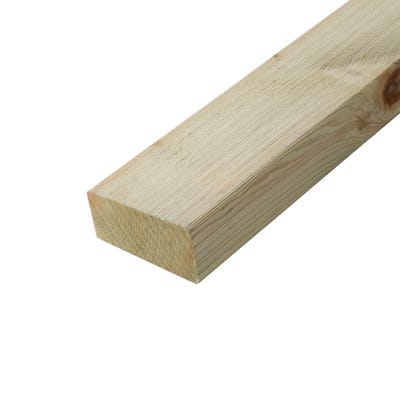 Quantity Discount
£5.06 Inc VAT As low as £4.78 Inc VAT£2.11 Per M
Quantity Discount
£5.06 Inc VAT As low as £4.78 Inc VAT£2.11 Per M -
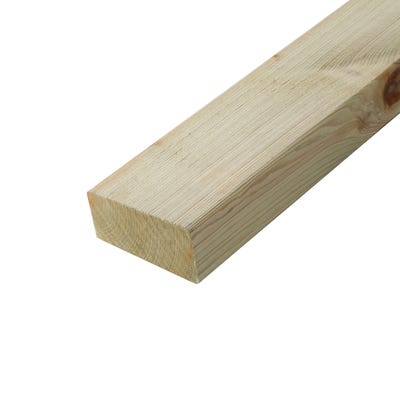 Quantity Discount
£7.60 Inc VAT As low as £7.15 Inc VAT£2.11 Per M
Quantity Discount
£7.60 Inc VAT As low as £7.15 Inc VAT£2.11 Per M -
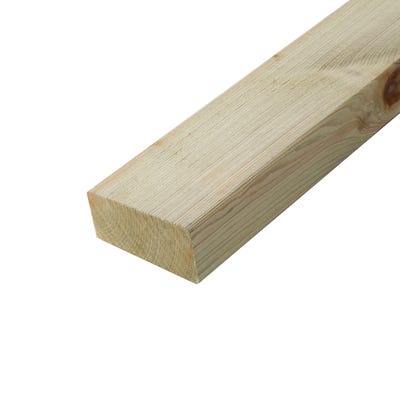 Quantity Discount
£10.14 Inc VAT As low as £9.53 Inc VAT£2.11 Per M
Quantity Discount
£10.14 Inc VAT As low as £9.53 Inc VAT£2.11 Per M -
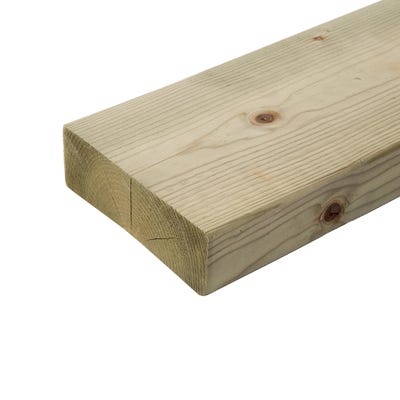 Quantity Discount
£11.39 Inc VAT As low as £10.56 Inc VAT£3.17 Per M
Quantity Discount
£11.39 Inc VAT As low as £10.56 Inc VAT£3.17 Per M -
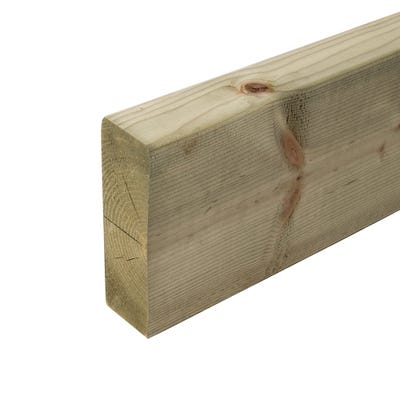 Quantity Discount
£9.50 Inc VAT As low as £8.78 Inc VAT£3.17 Per M
Quantity Discount
£9.50 Inc VAT As low as £8.78 Inc VAT£3.17 Per M -
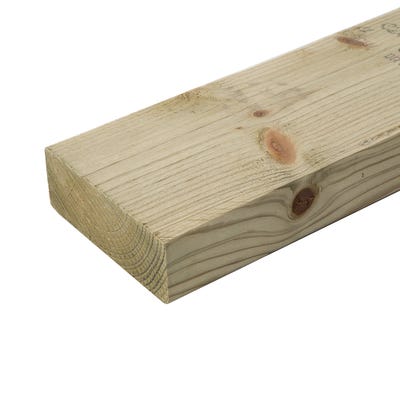 Quantity Discount
£11.29 Inc VAT As low as £9.30 Inc VAT£3.13 Per M
Quantity Discount
£11.29 Inc VAT As low as £9.30 Inc VAT£3.13 Per M -
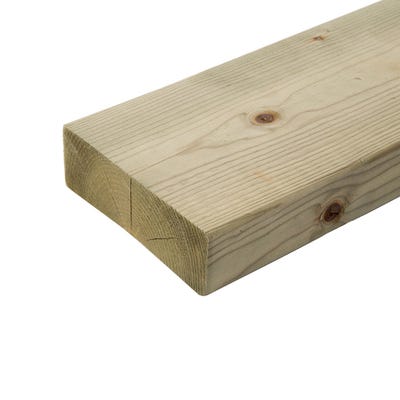 Quantity Discount
£15.20 Inc VAT As low as £14.08 Inc VAT£3.17 Per M
Quantity Discount
£15.20 Inc VAT As low as £14.08 Inc VAT£3.17 Per M -
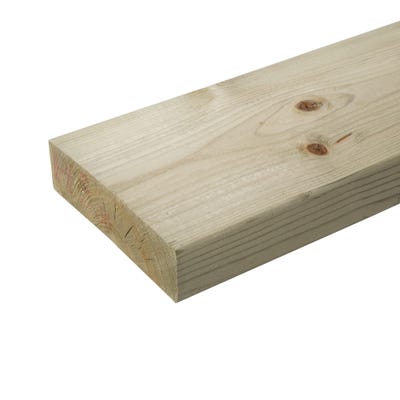 Quantity Discount
£13.28 Inc VAT As low as £12.31 Inc VAT£3.70 Per M
Quantity Discount
£13.28 Inc VAT As low as £12.31 Inc VAT£3.70 Per M -
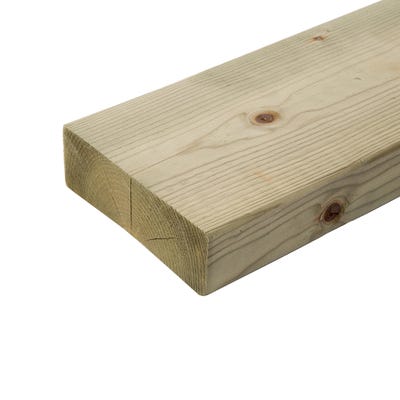 Quantity Discount
£13.28 Inc VAT As low as £12.31 Inc VAT£3.17 Per M
Quantity Discount
£13.28 Inc VAT As low as £12.31 Inc VAT£3.17 Per M -
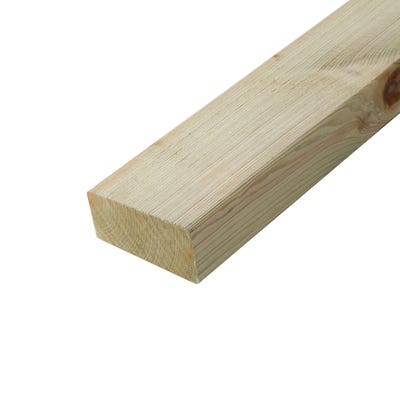 Quantity Discount
£8.86 Inc VAT As low as £8.21 Inc VAT£2.11 Per M
Quantity Discount
£8.86 Inc VAT As low as £8.21 Inc VAT£2.11 Per M -
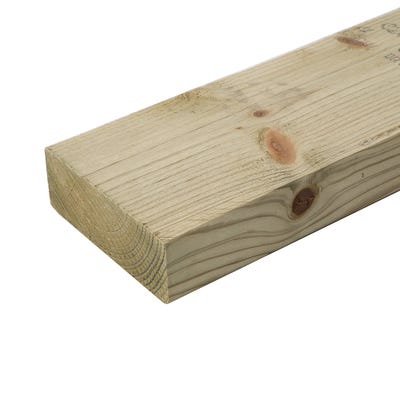 Quantity Discount
£15.04 Inc VAT As low as £12.38 Inc VAT£3.13 Per M
Quantity Discount
£15.04 Inc VAT As low as £12.38 Inc VAT£3.13 Per M -
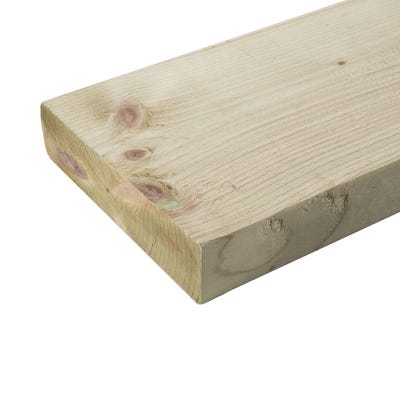 Quantity Discount
£20.24 Inc VAT As low as £18.78 Inc VAT£4.21 Per M
Quantity Discount
£20.24 Inc VAT As low as £18.78 Inc VAT£4.21 Per M -
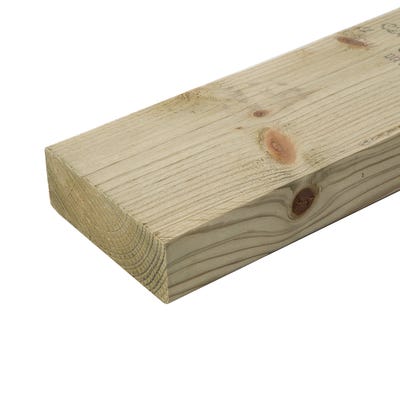 Quantity Discount
£13.15 Inc VAT As low as £10.82 Inc VAT£3.13 Per M
Quantity Discount
£13.15 Inc VAT As low as £10.82 Inc VAT£3.13 Per M -
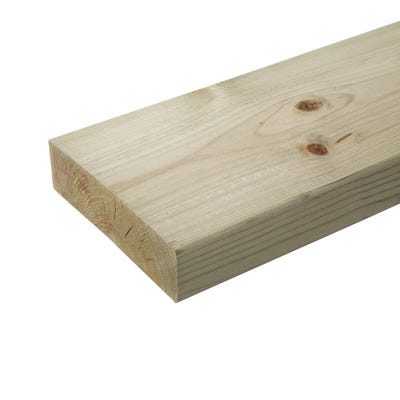 Quantity Discount
£17.72 Inc VAT As low as £16.42 Inc VAT£3.70 Per M
Quantity Discount
£17.72 Inc VAT As low as £16.42 Inc VAT£3.70 Per M -
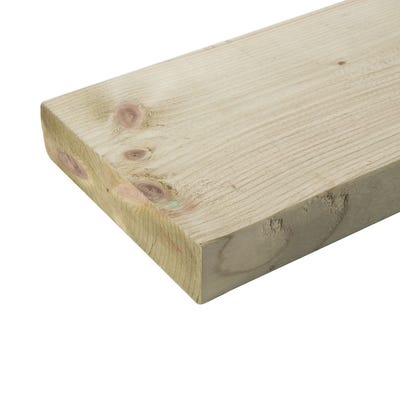 Quantity Discount
£17.72 Inc VAT As low as £16.42 Inc VAT£4.22 Per M
Quantity Discount
£17.72 Inc VAT As low as £16.42 Inc VAT£4.22 Per M -
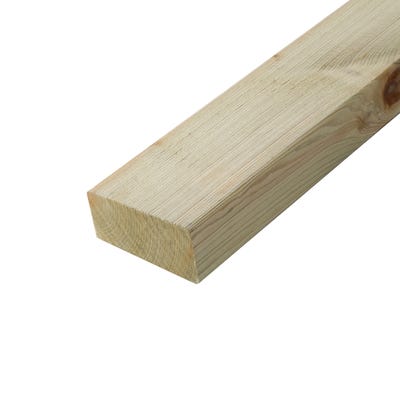 Quantity Discount
£17.57 Inc VAT As low as £14.95 Inc VAT£2.93 Per M
Quantity Discount
£17.57 Inc VAT As low as £14.95 Inc VAT£2.93 Per M -
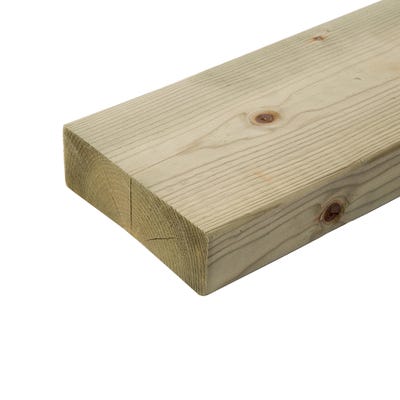 Quantity Discount
£26.32 Inc VAT As low as £22.46 Inc VAT£4.39 Per M
Quantity Discount
£26.32 Inc VAT As low as £22.46 Inc VAT£4.39 Per M -
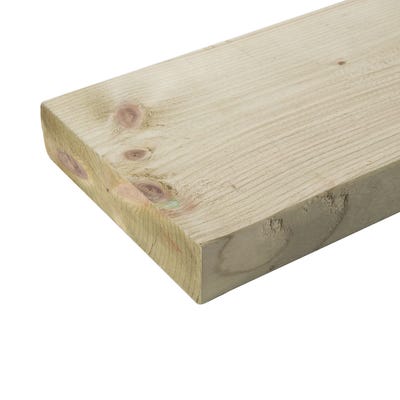 Quantity Discount
£15.20 Inc VAT As low as £14.08 Inc VAT£4.22 Per M
Quantity Discount
£15.20 Inc VAT As low as £14.08 Inc VAT£4.22 Per M -
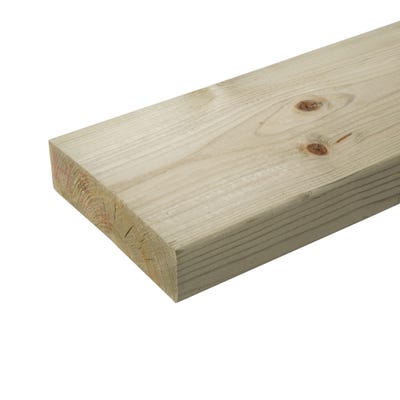 Quantity Discount
£15.49 Inc VAT As low as £14.40 Inc VAT£3.68 Per M
Quantity Discount
£15.49 Inc VAT As low as £14.40 Inc VAT£3.68 Per M -
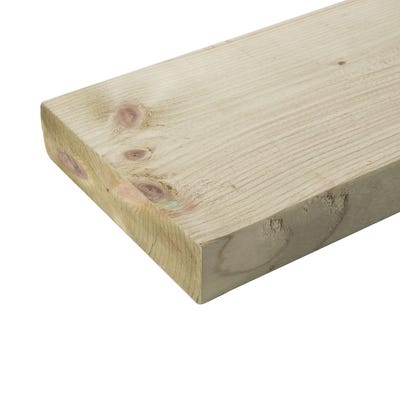 Quantity Discount
£12.65 Inc VAT As low as £11.74 Inc VAT£4.21 Per M
Quantity Discount
£12.65 Inc VAT As low as £11.74 Inc VAT£4.21 Per M -
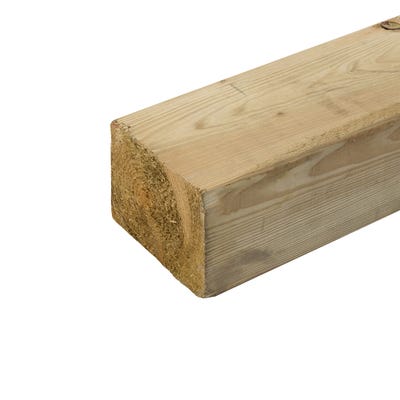 Quantity Discount
£23.26 Inc VAT As low as £19.78 Inc VAT£4.85 Per M
Quantity Discount
£23.26 Inc VAT As low as £19.78 Inc VAT£4.85 Per M -
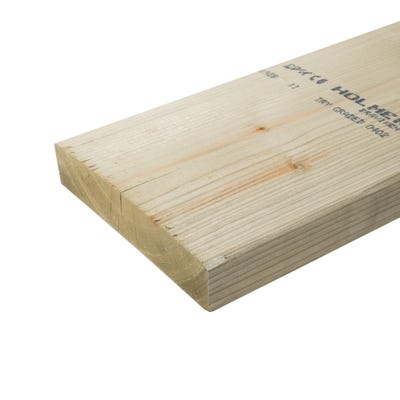 Quantity Discount
£27.12 Inc VAT As low as £22.24 Inc VAT£5.65 Per M
Quantity Discount
£27.12 Inc VAT As low as £22.24 Inc VAT£5.65 Per M -
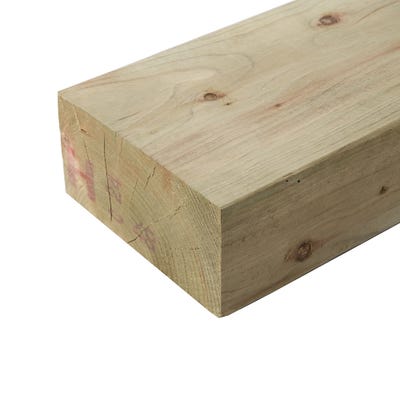 Quantity Discount
£34.93 Inc VAT As low as £29.69 Inc VAT£7.27 Per M
Quantity Discount
£34.93 Inc VAT As low as £29.69 Inc VAT£7.27 Per M -
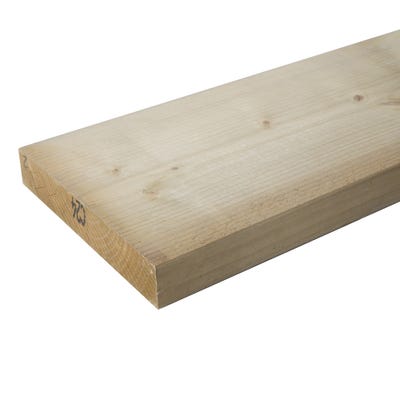 Quantity Discount
£35.46 Inc VAT As low as £26.57 Inc VAT£7.39 Per M
Quantity Discount
£35.46 Inc VAT As low as £26.57 Inc VAT£7.39 Per M -
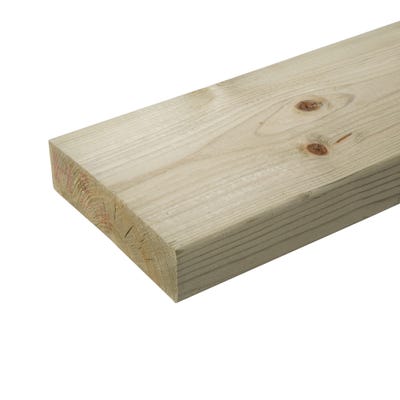 Quantity Discount
£31.18 Inc VAT As low as £26.28 Inc VAT£5.20 Per M
Quantity Discount
£31.18 Inc VAT As low as £26.28 Inc VAT£5.20 Per M -
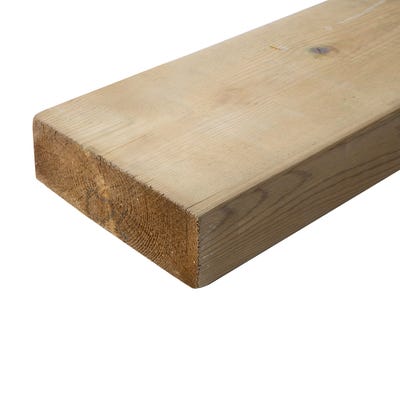 Quantity Discount
£52.37 Inc VAT As low as £44.51 Inc VAT£10.91 Per M
Quantity Discount
£52.37 Inc VAT As low as £44.51 Inc VAT£10.91 Per M -
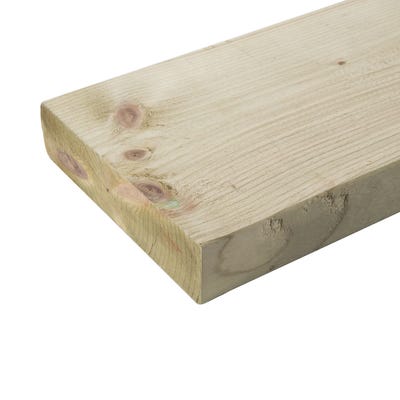 Quantity Discount
£35.21 Inc VAT As low as £29.93 Inc VAT£5.87 Per M
Quantity Discount
£35.21 Inc VAT As low as £29.93 Inc VAT£5.87 Per M
What is carcassing timber used for?
Carcassing timber takes its namesake from forming the ‘carcass’, or structural skeleton, of a building, and is generally made from kiln-dried softwoods, such as European Redwood or European Whitewood.
Usually sporting a sawn, knotted appearance, carcassing timber has a lower quality finish than some other types of timber. However, this does not affect its ability to multipurpose, and carcassing timber can be very effective for a wide range of applications:
Construction and Structural Use:
- Roof battens and rafters – Carcassing timber is ideal for creating roof battens and rafters, and can be used to experiment with popular roof designs like auxiliary, hip, and valley configurations.
- Joists and beams – Carcassing timber is great for suspending roof, loft, and ground-floor joists and can even be used to construct flat roofs.
- Studwork and framing – Carcassing timber offers reliable temporary support during construction or maintenance, ensuring the structure remains stable while work progresses.
Outdoor and Landscaping:
- Decking – Carcassing timber is an excellent choice for creating durable decking that can withstand outdoor elements.
- Fencing – Due to its strength and weather resistance, carcassing timber is frequently used for constructing sturdy fences that can endure weathering.
- Garden structures – Whether for pergolas, trellises, or raised garden beds, carcassing timber is a dependable material for building garden structures that last.
Ground & Exterior Works:
- Retaining walls – Carcassing timber provides the strength and durability required to support and stabilise retaining walls, making it a solid choice for landscaping projects.
- Railway sleepers – Often used in landscaping, carcassing timber is great for creating railway sleepers, offering both aesthetic appeal and long-lasting performance in garden designs.
General DIY:
- Cladding and siding – Carcassing timber is an affordable option for cladding and siding, providing a robust surface with natural appeal that can be treated further for extra durability.
- Gates and sheds – Whether you’re constructing a gate or building a shed, carcassing timber offers the necessary strength and longevity to ensure these outdoor structures stand the test of time.
Types of carcassing timber
Carcassing timber is treated timber, of which there are two types: C16 and C24.
- C16 timber – A cost-effective, widely available grade commonly used for smaller internal building projects like house extensions and joist work. It offers strength, versatility, and flexibility but may have some aesthetic imperfections, such as grain deviations and blemishes.
- C24 timber – A superior grade with a denser grain, resulting from slower growth in colder climates, which provides excellent stability and a more attractive finish. It's ideal for projects where aesthetics matter, such as decking and balconies, and comes in various lengths and widths, including popular sizes like 4x2 and 6x2 treated timber.
How to measure carcassing timber
When measuring carcassing timber, it's important to use a measuring tape or a spirit level to ensure accuracy, especially for structural timber applications.
Timber is typically sold in metric measurements, so lengths, widths, and thicknesses should be checked in millimetres. Regularised timber, such as C16 timber and C24 timber, has a smooth, uniform size due to planing, but you should still measure its actual dimensions, as eased edges slightly reduce the finished size.
The presence of growth rings can indicate timber strength, with C24 timber often having a tighter grain. However, for heavy load-bearing applications, CLS timber will likely be the better choice.
Kiln-dried timber is less likely to shrink, but always measure after delivery to confirm consistency. Additionally, knowing whether the timber is treated for Use Class 2 or Use Class 3 helps ensure it meets the right durability standards for internal or external use.
Carcassing timber sizes
Carcassing timber can come in various lengths and widths, but it is often machined to have softer sides and rounder edges.
If you need a custom length for your project, consider visiting our store where you can get carcassing timber cut to the exact size you need using our specialised cutting services.
For more details, please see our stores page.
Our carcassing timber
All of our carcassing timber is kiln-dried, structurally graded, and regularised, making it ideal for stud partition walls, roof and floor joists, decking, and general joinery.
Sourced from top sawmills in Sweden and Latvia, our carcassing timber is primarily manufactured from Scandinavian Whitewood Spruce (Picea Abies), slow-grown for 120 years in well-managed forests that meet the highest environmental standards.
This long growth cycle enhances stability, strength, and durability, ensuring a high yield of C24 graded timber. It is also regularised for consistent sizing, features eased edges for easier handling, and is treated with Tanalith E to BS EN 599 for added protection.
You can also find various fixings and metalwork products on our site to help your project come to life.
If you want to learn more about the different types of timber, check out our Guide on Types of Timber.

